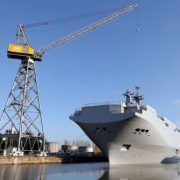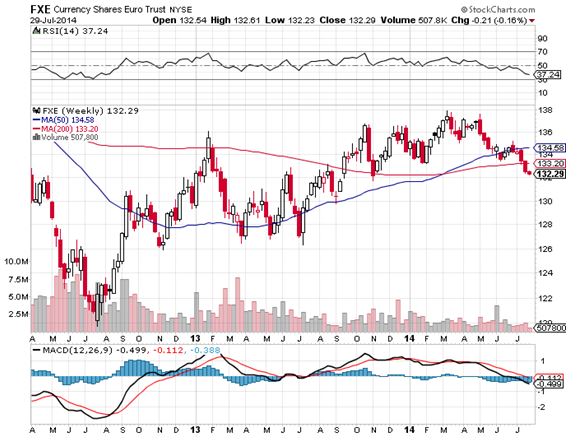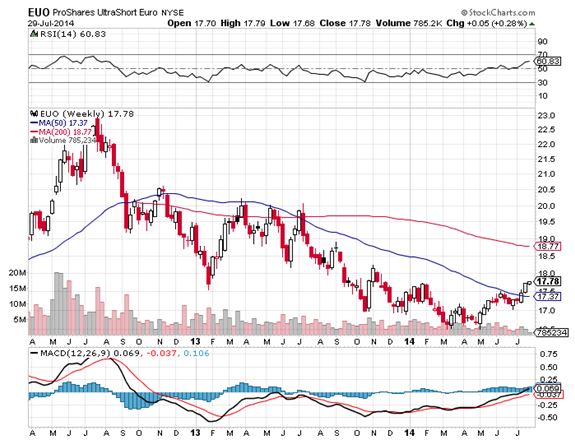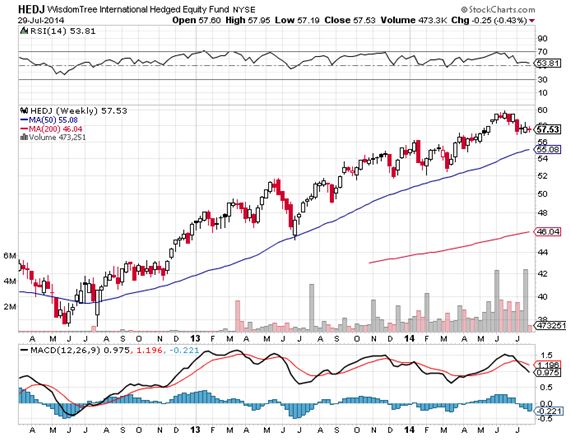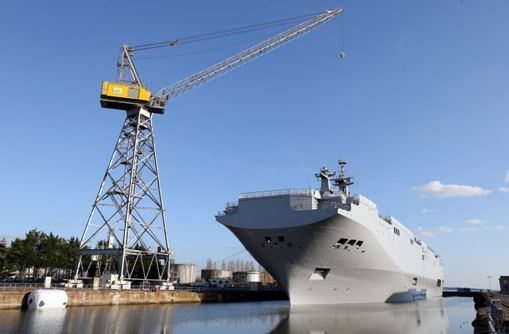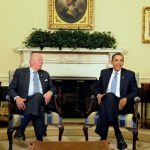Russian Sanctions Crush European Yields
When a rogue element of Ukrainian separatists used a heavy antiaircraft battery supplied by the Russians to shoot down Malaysian Airlines flight 17, who knew that it would send the European bond market into turmoil?
Yet, that is exactly what happened.
German and French ten-year bond yields have hit 300 year lows at around 1.12% and 1.50%. They achieved 500-year lows in the Netherlands, only because it has the longest record for publicly trading debt (the Dutch East India Company was a big borrower to colonize Asia).
Spanish government debt is now trading at higher prices than equivalent US debt. Perish the thought! Weren?t they supposed to be bankrupt?
Yet, the ultra low Japanese levels of interest rates now found on the continent are justified by the new pall cast upon the European economy.
The first round of sanctions imposed by the European Community on Russia a few months ago were little more than symbolic gestures. Close friends of Putin saw bank accounts frozen, and invitations to international gatherings rescinded. Putin could easily afford to laugh them off.
Not so with the second round, which officials have dubbed ?Sanctions 2.5?. The Europeans are taking the Malaysian Air incident personally, as the great majority of the 295 victims were theirs, primarily from Holland. Restricting access to the crash site has only made the pain greater and Russian obtuseness more offensive.
Russian banks have been barred from the European capital markets, greatly increasing their cost of funds. There is a new ban on military contracts, although existing deals are grandfathered, such as France?s sale of two ultra modern helicopter carriers for $4 billion.
Sitting in Europe as I write this, I am inundated by news of the adverse effects of the New Cold War on the European economy. Germany, alone, has 300,000 jobs dependent on trade with Russia, which is a major buyer of industrial machinery and automobiles.
Unfortunately, the timing for all of this couldn?t be worse. It is happening just as the economic data was showing glimmers of a nascent, but sustainable recovery. Look no further than the Euro (FXE), (EUO) which has greatly accelerated its collapse against the US dollar.
Europe has also become hugely dependent on Russia for energy, particularly natural gas. Putin has already used his energy weapon on the Europeans over a contract dispute, arbitrarily cutting off supplies during one of the coldest winters on record.
The problem is that this is not a challenge that can be dealt with easily. On paper, the US could supply a substantial portion of Europe?s energy needs with its newfound windfall from fracked natural gas (UNG).
However, anyone in the energy industry will tell you that installing the needed infrastructure is at least a 20-year job, and maybe ten years if you put it on a military footing.
The new sanctions were instrumental in the announcement of a major expansion of fracking in Europe, which until now has been held back by environmental concerns. The coal bearing areas of Germany, Poland, and France have the perfect geology for fracking, which will enable the continent to become energy independent.
But again, we are talking about very long timelines. This is another reason why US fracking stocks, like USA Compression Partners (USAS), Nuverra Environmental Solutions (NES), and US Silica Holdings (SLCA), have been on a tear.
The late President Ronald Reagan must be laughing in his grave. When I was a young White House correspondent, his administration fought the energy deals Europe was negotiating with Russia tooth and nail.
In the end, the Europeans ignored the ?Gipper,? wary of his conservative, saber rattling, Cold War rhetoric. The headache is that the EC is now in so deep with Russia, recently describing it as a ?strategic partner,? that it can only extricate itself at great cost.
The US cannot just sit back and laugh this off with a giant ?I told you so.? The collapse in bond yields has been a global affair, dragging our interest rates down to one year lows at 2.45% for ten year Treasury bonds, and 3.24% for the 30 year.
At the very least, it postpones a major switch by American investors out of bonds and into stocks that was imminent. It also hits American companies, that until recently have been cashing in on new trade with Russia. Who is the biggest casualty? Exxon (XOM), which has several ongoing projects to modernize Russian oil production.
Sanctions 3.0 could be worse, if Putin doesn?t get the message. The US Treasury is prepared to ban Russia from global US dollar clearing if it doesn?t back off from the Ukraine. Trying selling 10.5 million barrels a day of oil without using the greenback.
What could they accept in return other than the buck? Gold? North Korean Won? Chinese Renminbi? The collapse of the Russian economy would be total and absolute, not that anyone cares. Its GDP is only $2 trillion, 3% of the world total, and they have an even smaller share of international trade.
Fortunately, I have been able to dance between the raindrops with my Trade Alert service. I have been marginally caught out by premature short positions in the Treasury bond market (TLT), (TBT).
But so far, these losses have been offset by my aggressive shorts in the Euro, which has been cratering, thanks to ECB president Mario Draghi?s new found belief in quantitative easing. Breaking even when a flock of ?black swans? descends upon you is a ?win? in my book.
It?s a classic example of, ?The harder I work, the luckier I get.?

 Grandfathered
Grandfathered

